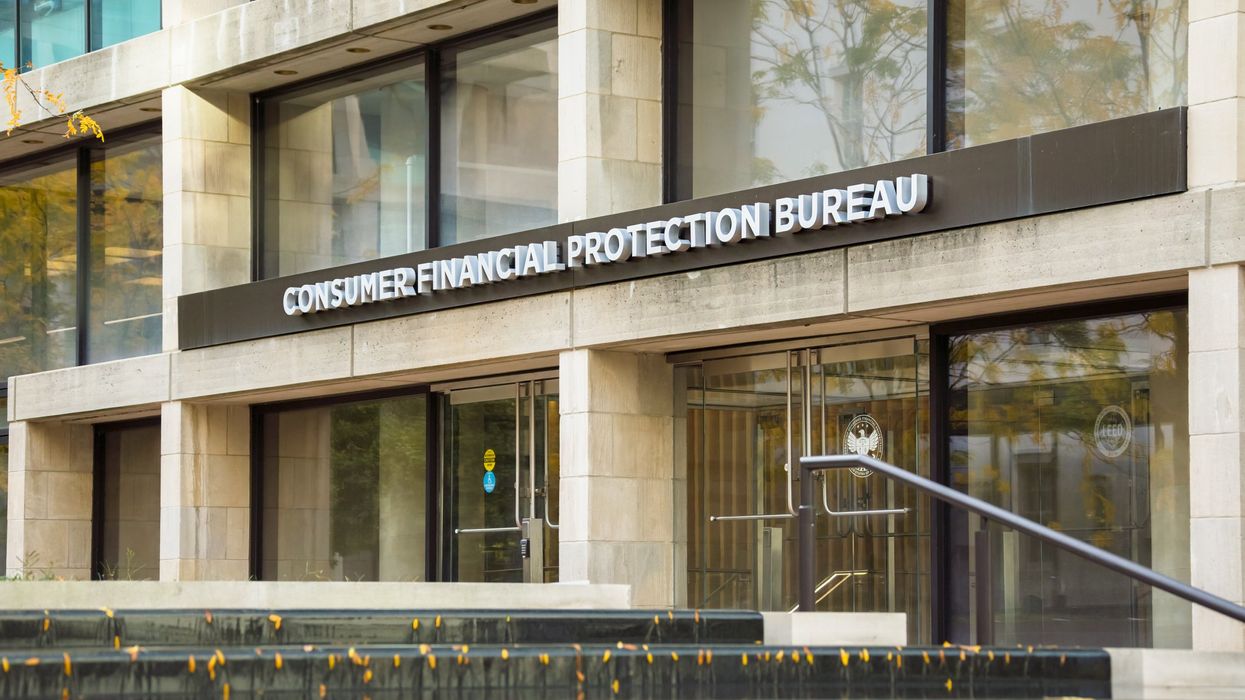
eurobanks/Getty Images

While Americans are preoccupied with serious issues like inflation and whether they can afford groceries, gas, or their mortgages, the Biden administration is hoping to distract voters with picayune concerns. In a recent post on X, the president singled out the pricing of concert tickets — of all things — as a target of his ire, while promising to “crack down on junk fees.” It’s a vacuous promise that sounds much better than it will prove in practice.
Consider the example of the ongoing effort by the Consumer Financial Protection Bureau to cap credit card late fees at $8 in most instances. Since no one likes paying late fees, the administration believes this issue to be the sort of easy political win that it desperately needs as economic headwinds draw into question the wisdom of embracing the “Bidenomics” branding.
But as annoying as they are, fees serve an important role. People respond to incentives. Late fees are an incentive that credit issuers understandably employ, and borrowers agree to as part of the terms of service, to encourage timely payment. As House Financial Services Committee Chairman Patrick McHenry (R-N.C.) notes, it’s interesting to see the government attack “the same tool — fees — that the IRS uses to deter late tax payments.” And credit card late fees don’t come anywhere close to the onerousness of IRS penalties.
Without the incentives fostered by late fees, collection and other costs for credit issuers will increase. Those costs will likely be borne by the vast majority of borrowers who are responsible and don’t pay late fees through higher rates and reduced benefits.
Riskier borrowers will suffer, too. Facing a reduced ability to encourage timely repayment, lenders will likely tighten their credit standards. Even the CFPB acknowledged this reality in its proposed rule by conceding that “some consumers’ access to credit could fall.”
McHenry makes another good point when he says, “It’s troubling that this supposedly independent agency [CFPB] is coordinating this announcement with the White House for political purposes.” CFPB regulators claim to be working in the interest of consumers, but it appears that benefiting politicians is a higher priority.
The CFPB’s proposed late fee cap is completely arbitrary. There is no sound reason beyond political whim to intervene even more beyond the government’s existing limits to micromanage the structure of credit card payments. But thanks to the organization’s structural insulation from democratic accountability, arbitrary dictates are par for the course.
The Supreme Court is thankfully considering bringing that problem to an end. It recently heard oral arguments in a case challenging the agency’s funding structure, which unconstitutionally circumvents congressional oversight.
But the CFPB need not wait until it is forced to correct course. Even before the Supreme Court rules and — one hopes — reins in the bureaucrats who currently operate free of democratic accountability, it can withdraw this and other arbitrary rules and begin acting responsibly.
Daniel J. Mitchell is an economist and president of the Center for Freedom and Prosperity.